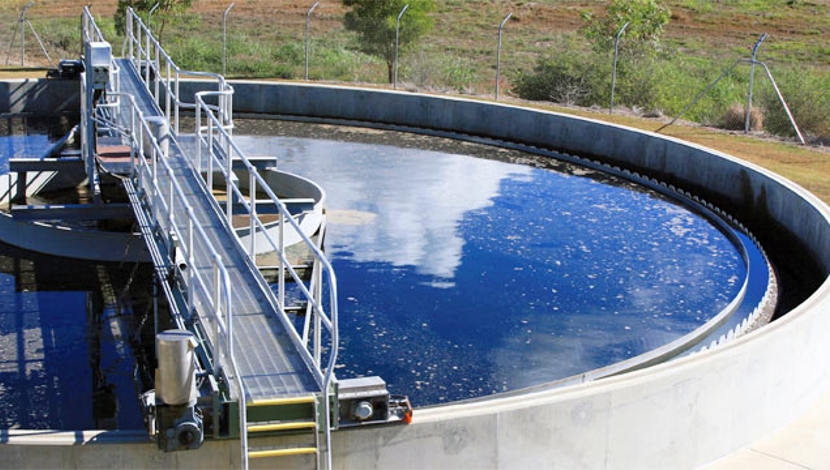
The CMA’s technical committee under the chairmanship of Taco Voogt has formed a working group to revise four precast concrete standards: SANS 1058 (concrete paving blocks) SANS 1215 (concrete masonry units) SANS 677 (interlocking concrete pipes) and SANS 542 (concrete roof tiles). SANS 1215 needs major revision whereas the other three require only minor changes. Once completed and agreed to by various interested parties, the revised standards will be published by the South African Bureau of Standards (SABS).
SANS 1215, first introduced in 1984 has had six amendments. The last two, drafted in 2013, are currently being circulated for comment. CMA’s SANS 1215 working group seems likely to adopt European standard BS EN 771-3, a supporting standard for Eurocode 6 – Design of Masonry Structures with a South African annex to reflect local requirements. This will enable local masonry manufacturers to draw on European experience and research.
“A complication, however, is the revision of the National Building Regulations through the addition of SANS 10400XA, which deals with energy efficiency and sustainability. Its introduction would require concrete masonry manufacturers to comply with stringent energy requirements and no local concrete masonry manufacturer currently meets the standard, especially in single-skin walls. These regulations will make South African buildings among the most thermally efficient in the world, but at what cost? New buildings, especially in the affordable and low-cost housing sectors, will become unaffordable and double-skin cavity walls will become the norm,” said Voogt.
Paving standard SANS 1058 was extensively revised in 2010, replacing a compressive strength-based test with tensile splitting, abrasion resistance and water absorption. Many CMA paving manufacturers found the standard unnecessarily high and the 2012 revision marginally lowered the criteria for tensile splitting and abrasion testing and placed the water absorption test on a voluntary footing. The current initiative seeks to remove all reference to compressive strength as it is deemed irrelevant to paver performance and to place the water absorption requirement into an annex.
More information from CMA, Tel: +27(0)11 805 6742 / www.cma.org.za
For more articles such as this please view our online edition: http://concrete.tv/more/concrete-trends





